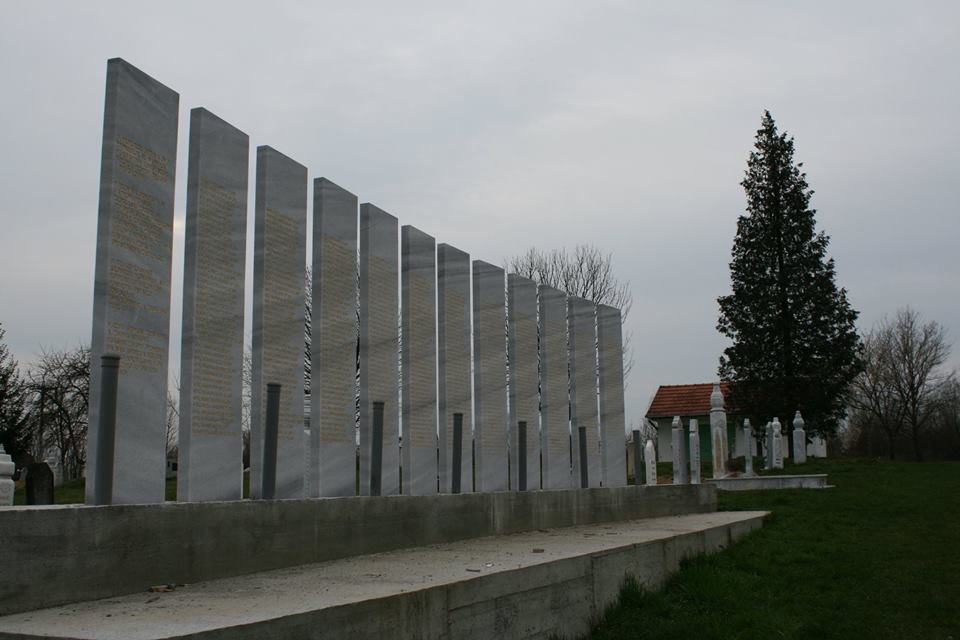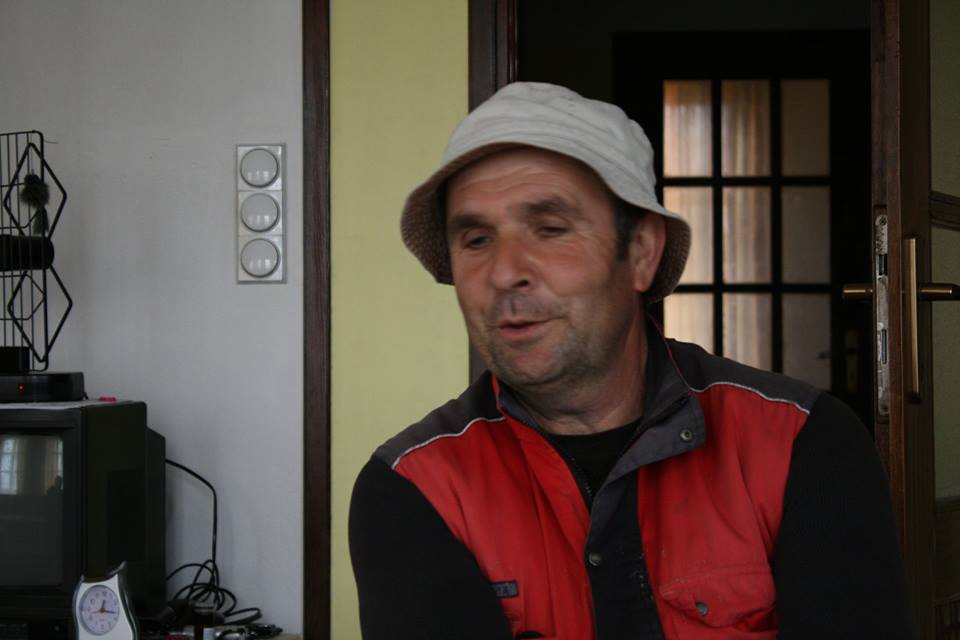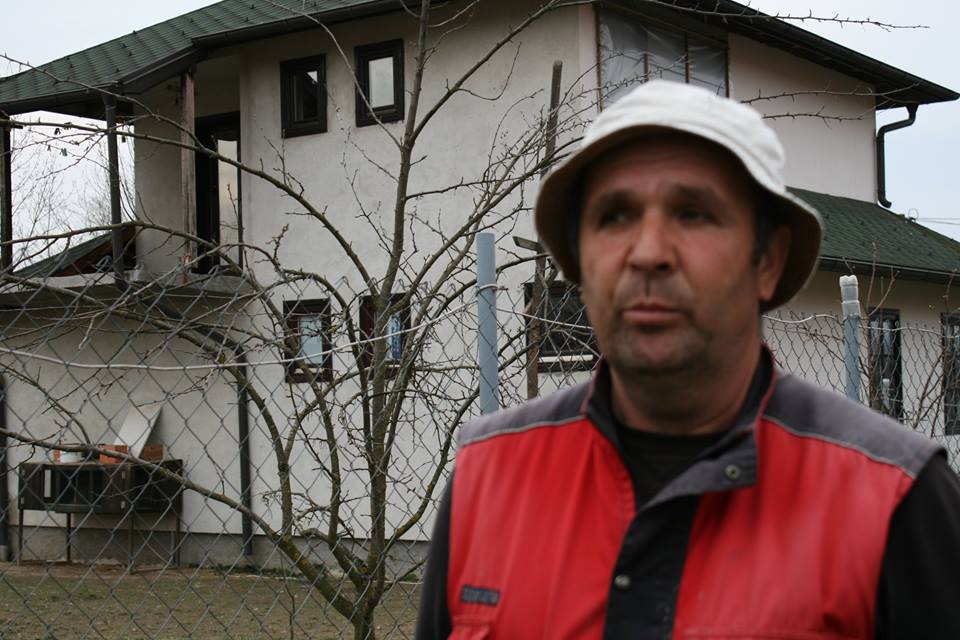
“A man must be happy after everything he survives; accept life if you don’t want to lose your mind.”
A camp guard, who detained him in Omarska in the early 1990s, today brings him mail, and he sees nothing unusual about it. His name is Kasim Pervanić. He is 52 years old and a returnee to Kevljani. Kasim sees nothing unusual about the fact that he comes across his former camp guards, because as he says, he is not afraid of anything. Their relationship is strictly professional — when someone needs something, they just have to do it.
The village of Kevljani is situated near Prijedor in northwest Bosnia-Herzegovina. The village is a few kilometers away from Omarska, a place that hosted a detention camp for Bosniaks and Croats and that was under Serb control. Today Kevljani has around 100 inhabitants, and, according to the 1991 census, there were 1,947. The residents are Bosniaks, and this village is under the administrative control of Republika Srpska.
Remembering the year when war in Bosnia begun, he says he could tell it was not going to end peacefully. He could not imagine the horrors that were about to happen. They warned him to leave. His close friend, an attorney, who was a member of Serb Democratic Party (SDS), advised him to flee.
With him in the camp was his younger brother Kemal Pervanić, who today works and lives in England. Kemal is the author of the movie Pretty Village, about the plight of Bosniaks from this area. Their parents managed to escape in time and avoid being detained in the camp. From the myriad of bad things that happened in the camp, there is also one example of the humane. His brother was sick and had to go to the toilet often. On the way back, guards would wait for them and beat them up. However, his now mailman used to occasionally, when he was alone, take his brother to toilet to spare him the beatings.
After seven months in the camp, on 14 December 1992, Kasim was freed, as was his brother. The Manjača camp was closed and people from International Red Cross took them to Karlovac.

For him and his family, new life began; they went to England where they stayed for two years. He says it was nice living in a developed country, but he was restless and even thought of taking his own life. He came to Bihać in 1995 and joined the Bosnian Army.
He decided to continue his life in Sanski Most, a town in northern Bosnia. He opened a shop, but he did not fare well because, as he says, when you are not local, you are not welcome. In search of a better life he went to the Netherlands. Before leaving, he visited Kevljani in November 1996, escorted by two soldiers who were his friends.
Unlike life in England, life in the Netherlands was happier. He liked it there, but they did not like him. He applied for asylum, but was told at his final hearing that he had to leave the country in 21 days. After regular appearances to the police station, he found out he was in the country illegally. He was one month away from five years in the Netherlands when he was arrested. He was detained for two months, then deported back to Bosnia. He returned to Sarajevo in 2003. Once again, he was at the beginning. For a little while, he went to Sanski Most and then he went to Kevljani.
Life starts anew in a devastated village; he built a house and bought some cattle. Kasim, full of life even after all that he went through, finds time to work with his religious group.
Most of the houses were rebuilt with personal funds, and only a few received foreign donations. Villages with Serb populations are near Kevljani. “Today, after everything, we can live one next to another, but never together,” explains Kasim.
Kevljani has a memorial built in the place where 602 persons were identified from two mass graves. The memorial has 12 plates with names written on them, and space has been left for two more plates, which will be built as soon as the funds are collected.
Kasim says that after the camp experience, he is incapable of feeling either great sorrow or great joy; he did not give up and did not allow himself to become hopeless. “A man must be happy after everything he survives; accept life if you don’t want to lose your mind.” Smiling, he says he makes rakija. He does not drink it, but he sells some and gives most of it to his friends.
“Life is a struggle for everyone, we are only given the place where we are born,” said this man with an unusual life story as we parted ways.








